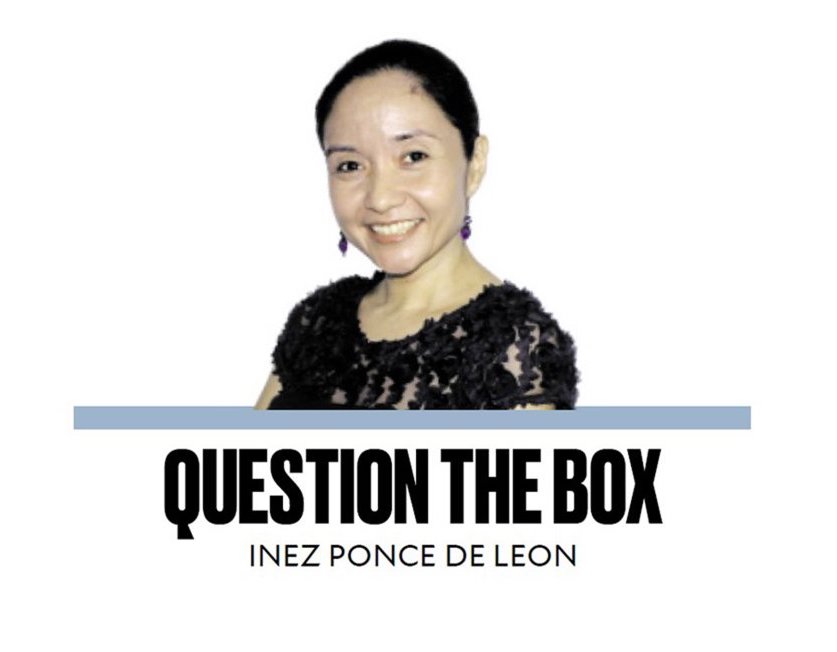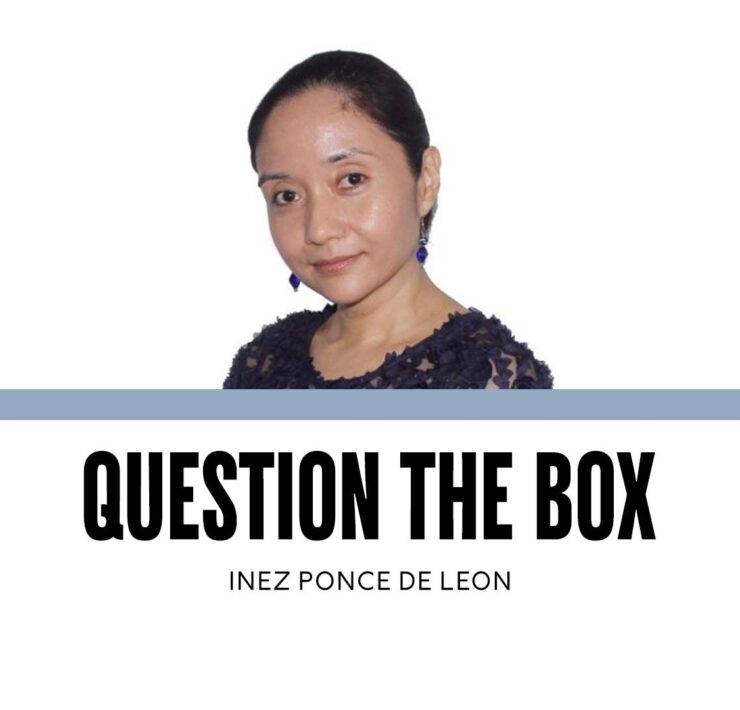Holistic education in problem solving

But people just need more information about hard science. If they know better, then our problems are solved.”
That was the mantra I used to hear years ago, as I presented ways of communicating science that went beyond disseminating information.
Most professionals would claim that information alone was key—not people’s stories, backgrounds, or standpoints. It was a notion that disregarded decades of social sciences research that showed otherwise. So, I railed and I rallied. I rail and rally to this day.
I remember my experience as I served as lector last Sunday at Our Lady of Pentecost Parish, on the feast of Sts. Peter and Paul. Our celebrant was Fr. Emmanuel “Nono” Alfonso, SJ.
He began his homily with the Fantastic Four. Father Nono had grown up with comic book heroes: Superman, Batman, Wonder Woman. But these “do-it-yourself” characters, he believed, paled when cast alongside the Avengers, the Justice League, the X-Men.
The groups, he said, were more relatable: they showed that no single superpower, and therefore no single person, could solve the world’s intrinsically complex problems. Each person had a role to play as well as a weakness, and all the other members of the team valued each person for their strengths while making up for the other person’s shortcomings.
This was like God’s vision for the church, Father Nono went on. God chose the tandem of the earnest but stubborn fisherman Peter and the fearless but overconfident ex-Pharisee Paul. It would not be a church for only the poor or the rich; it would not be a church for only the uneducated or the intellectual elite. The church would have to embrace all, exclude none.
The endurance for other people’s weaknesses and complementarity of gifts, therefore, are both our missions. There is no space for tribal mentality or discrimination, no room for polarity or intolerance.
To expand Father Nono’s point on teamwork and problem-solving: our problems are not isolated, to be solved as puzzle pieces; rather, they are interlinked, feeding into each other.
Centuries of colonization have led to the unchecked exploitation of resources, class wars, and misunderstandings of the role of government. One region’s war can shatter economies across the world. The repercussions of our changing climate are exacerbated by class divides, conflicts, and the still rampant “throwaway” culture driven by ideologies that prize ownership via purchase rather than creation.
To solve such wicked problems, we don’t just need wicked solutions: we need wickedly educated people. We need people who can recognize how our many problems flow into each other and therefore, need multiple disciplines acting equally in concert to address them.
Such people aren’t just educated in their specializations. They are built and honed over years of education in multiple disciplines alongside their own: philosophy, history, the social sciences, writing, languages, ethics, physical education, and more.
Education can’t be executed on a framework that assumes that different pieces of knowledge simply need to be pushed together. Rather, all fields of knowledge have strengths that allow them to address a specific part of a problem; and, more importantly, all fields of knowledge need each other to make up for each other’s blind spots.
We’ve had multiple proposals from lawmakers to streamline education by taking out the liberal arts and teaching critical thinking. This version of streamlining assumes that critical thinking can be taught separately, and that the liberal arts are useless, esoteric, mere luxuries.
The problem with such a notion is that it assumes that our problems can be solved through specialization rather than a holistic approach. All our problems change across space and time and morph with our changing cultures. We therefore require the work of both natural and social scientists, specialists in the humanities, and more.
Climate change, for example, is not a problem of isolated variables, but interlocked systems. It’s not just the greenhouse gas emissions, disappearing forests, or warming seas. Climate change is a problem of science as much as it is one of unchecked industrialization, which has shaped ideology, which has allowed the rich few their extravagant spending while the many poor and vulnerable suffer.
To solve it, then, is no task for one scientist; to communicate is not merely to disseminate. The research should involve multiple experts from multiple disciplines who have enough education to recognize the limitations of their field and respect the strengths that others can bring to rectify these weaknesses.
That is problem-solving. That is teamwork.
If we produce hyperspecialized individuals, then we’re back to the mantra of “all we need is knowledge,” which betrays an underlying assumption: “The stories of people are not important—let’s just pretend the world is simple by telling people what to do.”
That isn’t education for critical thinking. That’s teaching people to tolerate tyranny.


















